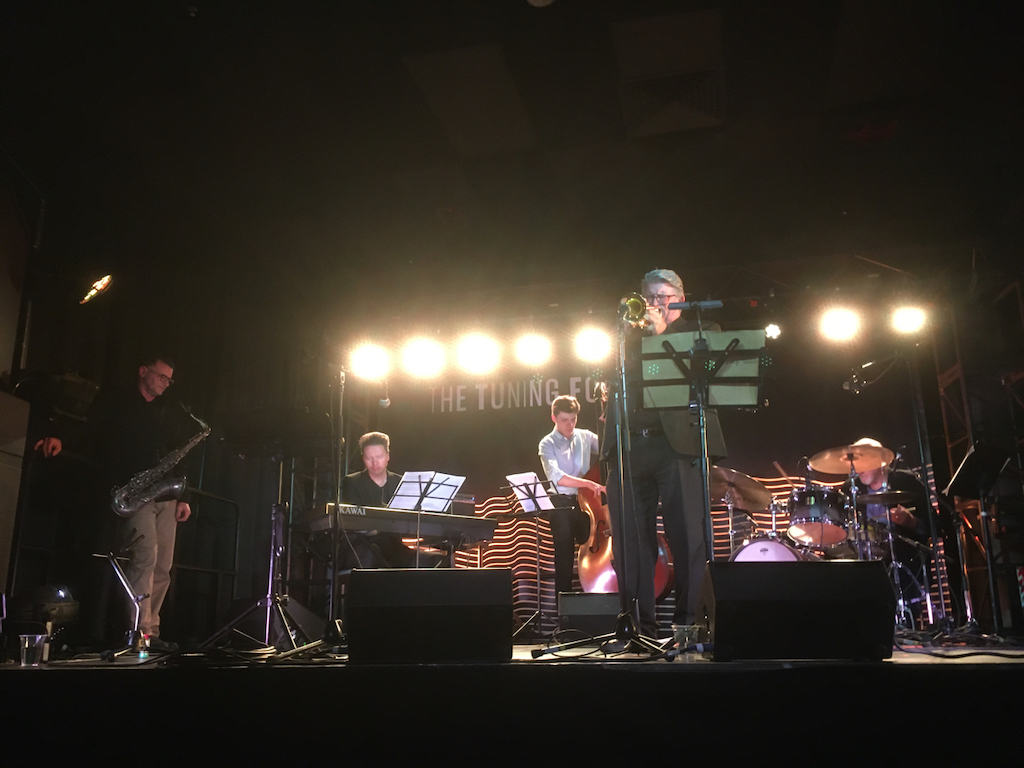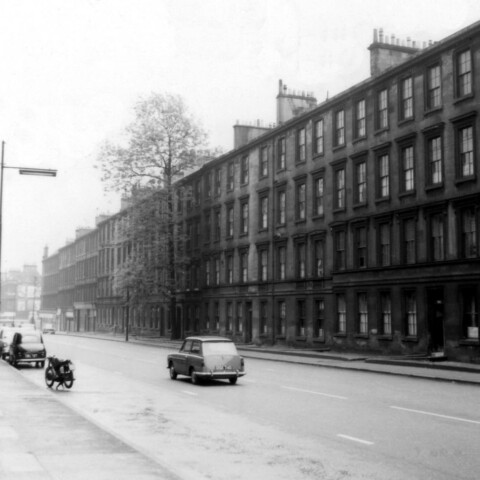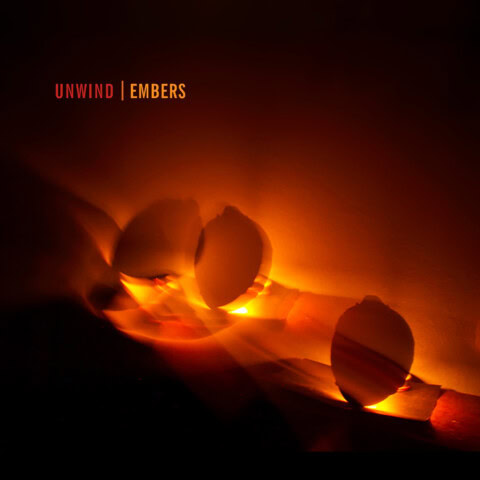Dianne Swann is an under-sung legend of Kiwi pop with the finest album of her career online and in the shops.
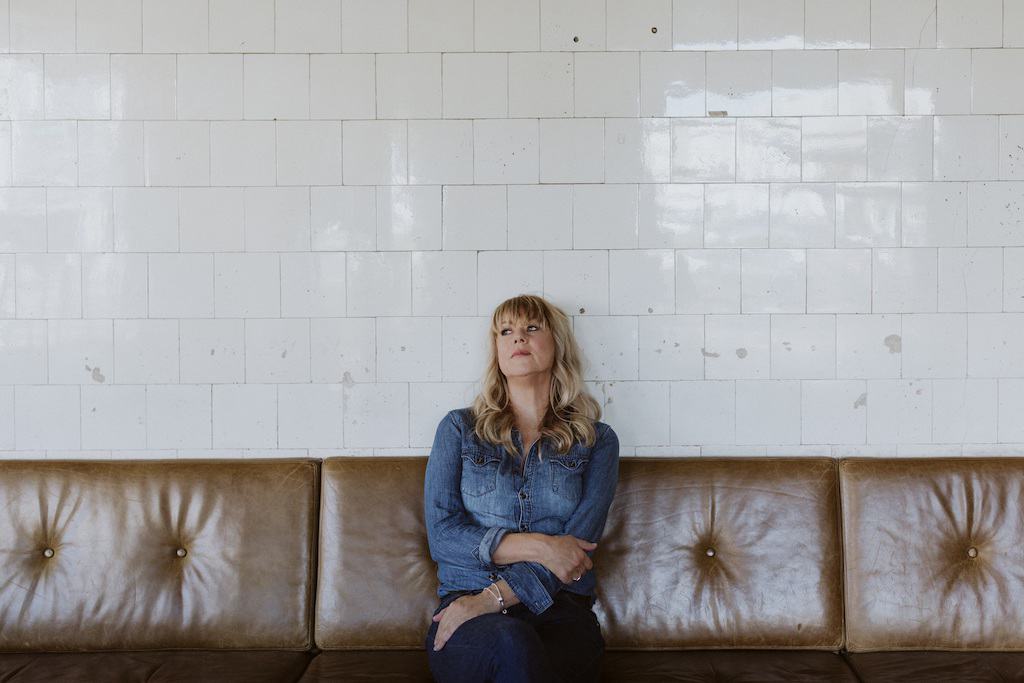
Dianne Swann’s first solo album, The War On Peace Of Mind, was released a couple of months back to modest acclaim and with a smattering of well-attended live dates. Occasionally, Witchdoctor likes to hang back and remind people about something good when the tumult has died down, so here we are.
Would you like to support our mission to bring intelligence, insight and great writing to entertainment journalism? Help to pay for the coffee that keeps our brains working and fingers typing just for you. Witchdoctor, entertainment for grownups. Your one-off (or monthly) $5 or $10 donation will support Witchdoctor.co.nz. and help us keep producing quality content. It’s really easy to donate, just click the ‘Become a supporter’ button below.
When we say ‘good’ we mean really good. The War On Peace Of Mind is a perfectly formed and succinct old-fashioned vinyl-length album. The instrumentation is commendable and Dianne’s singing is fabulous. She plays to all her strengths on a record where there isn’t even one middling or weak song. It’s extra special because it’s (loosely speaking) a pop/rock record that has both sonic and lyrical depth. She’s really got something to sing about but expertly weaves social commentary into songs that have emotional complexity.
When I say ‘pop’ I mean a style familiar to fans of music from the ’60s and ’70s, not the nearly new millennium. It’s classic, beautifully layered pop/rock and each song has something to say: about the environment, or about love, and it feels borne of a crisis (possibly the first Covid-19 lockdown) because there’s an intensity and determination that might have otherwise been obscured somehow. It’s pop with real heart, and that’s a rare thing in a world in which our contemporary pop hits are often either mind-numbingly superficial or completely meaningless.

We’re assuming that our readers know Dianne Swann’s musical history, but for those that don’t, here’s a (very) brief recap. She first came to prominence in 1980s band Everything That Flies, and then as a member of the chart-topping When The Cat’s Away. Relocating to the UK, she teamed up with Brett Adams to form the critically acclaimed group The Julie Dolphin. Eventually returning to NZ with Brett, she formed her current band The Bads.
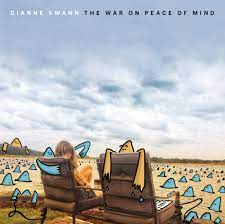
Witchdoctor – I guess a lot of observers will be thinking, “you’ve had a long and fascinating career in various contexts, but why a solo album and why now?”
Dianne – I have been meaning to do this for some time. I had been intending to record a solo album after When The Cats Away – in fact, had been working towards that goal while I was still working with that band, and after I left did a few shows – Dianne Swann band around 1989. I had a song on the charts for quite a while around that time too called ‘Something Good’. I had a bit of a setback with a record company here and that resulted in my decision to go to the UK. I was still thinking of the solo career with that move, but I met up with Brett Adams in London, who had travelled there with the Mockers, but they had since split. Once Brett and I started writing together the chemistry was good, and I was so into the guitar band thing that seemed like the best way forward in a city and music market in the UK at that time. I don’t regret that at all.
Once we returned home and formed The Bads, I guess that was the focus – and to be very honest here – it costs money to record and release your own music. So any resources we have had have gone towards The Bads project.
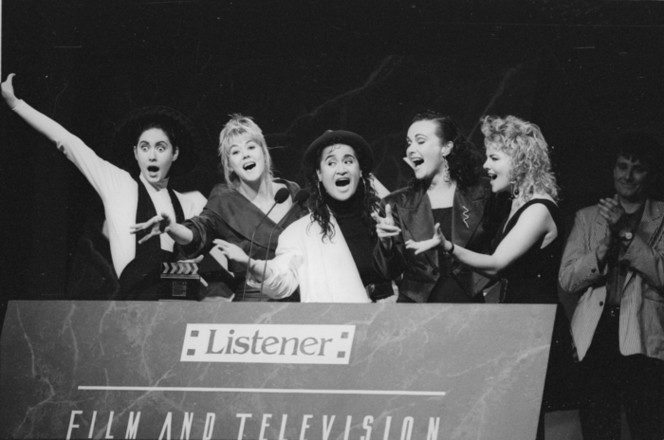
Witchdoctor – Does it mean that The Bads are past tense?
Dianne – Definitely not RIP to The Bads. I love playing with that band and still think we have life left in us! The Taite prize nomination a couple of years ago for our album Losing Heroes was enough indication that I am right with that. It has been good to give ourselves the freedom to work on solo music in between releases though.
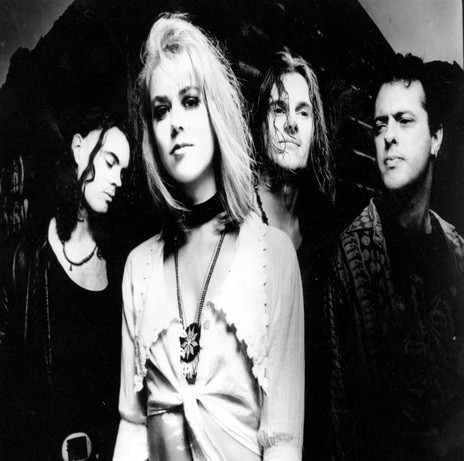
Witchdoctor – The album’s succinct and perfectly formed, and every single song’s a winner. I couldn’t help thinking that in an alternate universe (or pop industry) it could hold the charts ransom. I felt like I could almost hum these songs after one spin. Was there a conscious process in writing such overtly catchy songs?
Dianne – I would like to hold the charts to ransom. With this album I just wanted each song to be the best it could be, and I wasn’t thinking at all about genre, just about sounds that excited me and a feeling that I wanted to experiment and have a playful nature to the album musically.
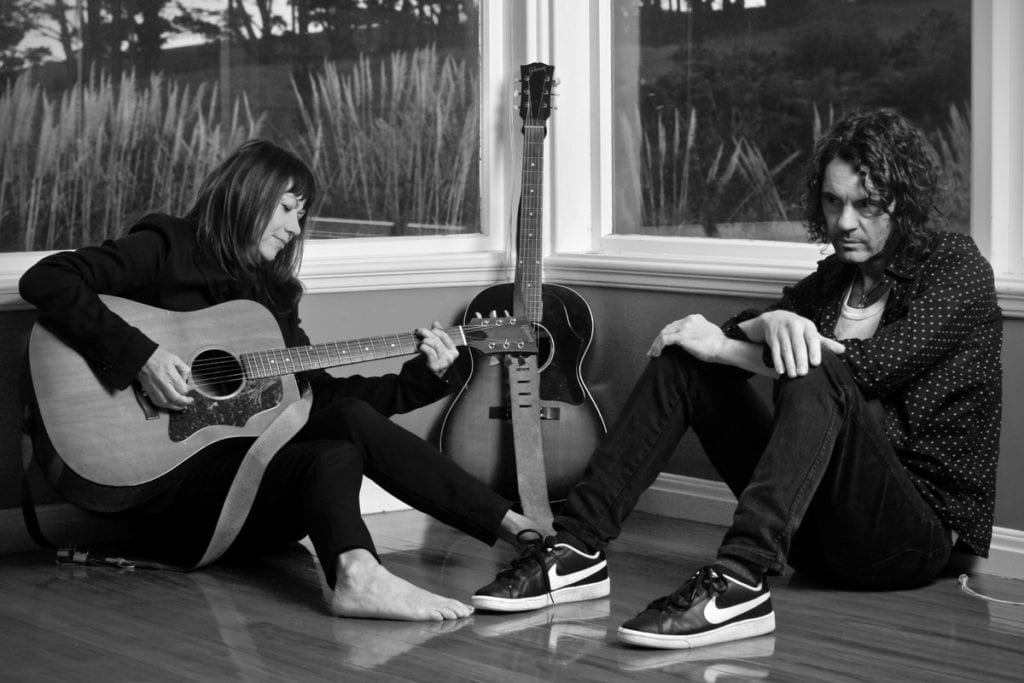
Witchdoctor – The other thing that struck me was how seemingly effortlessly you’d inserted meaning into these pop/rock gems. That’s no mean feat – to entertain AND inform. What was it that made you feel a need to discuss the world as it is and how we react and cope with it all?
Dianne – I guess I had been thinking a lot about how we are all linked and connected often through our failings or losses, rather than our perception of success. As this was a solo project, I felt as though I could write from a more personal point of view, and wanted each word to come from the heart and to be somehow authentic. So my intention was to hone in on the things and thoughts that matter to me, and write them in a way that is personal yet relatable. So in that way the songs are quite focused and somehow lean, I kept trimming until I felt I had expressed what I had intended to.
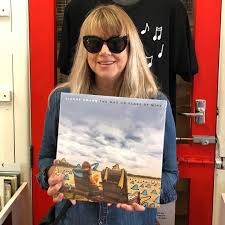
Witchdoctor – I remember seeing you perform on a bill with Emmylou Harris and thinking how well you fit into the whole roots/contemporary country thing. And yet the music you’ve made over the length of your career so far is quite diverse, and on this album, it’s something again. How would you describe what intrinsically makes you tick, musically?
Dianne – I have always been stimulated by the thought of writing a really good song, and I think in some ways Neil Young is to blame for that template for me. His songs can be long and rambling, rocking, and raw, countryish, punkish, but they always have hooks and choruses.
I think essentially songs are songs and can be treated in many different ways and fit into musical labels and genres. In fact, I have always had difficulty pinpointing what genre my music is. But essentially I think I have always been a pop writer and have always loved guitars.
Even when I listen back to The Julie Dolphin, a lot of those songs are pop songs – Birthday, Alice, etc – just with an edgy guitar band treatment. Also through The Bads catalogue, there are songs like ‘Bit By Bit’, ‘First Night’, and also possibly ‘Spinning Wheels Turning Tides’ that could be classed as guitar pop, just with the roots, country-ish leaning, in a similar way you can hear this in Lucinda Williams and even Gillian Welch at times.








